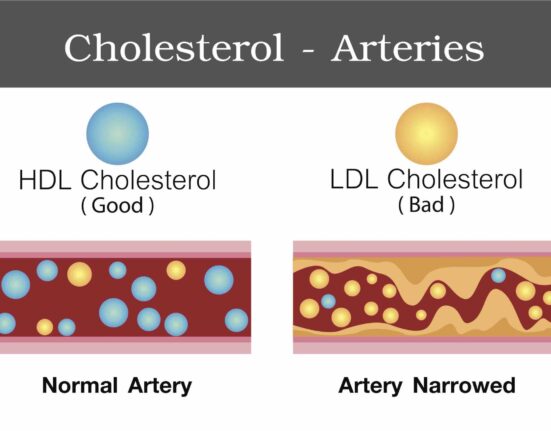In the quest for eternal youth, many turn to skincare products promising miraculous results. But are retinol, vitamin A, and other compounds truly the elixir of youth our skin craves? Let’s dive deep into this beauty conundrum.
“There is very little you actually need to purchase from Big Skincare or Big Aesthetics to keep your skin looking healthy and youthful as you age,”
says Dr. Natalia Spierings, a renowned dermatologist known for her evidence-based approach to skincare.
Imagine scrolling through your social media feed bombarded with ads touting the benefits of retinol and its related compounds in maintaining youthful skin. It’s hard to resist the allure of flawless complexion promised by these products. But do they deliver on their claims?
To unravel the mysteries of skincare alchemy, we enlist the expertise of Dr. Spierings, who conducted a meticulous systematic review on over-the-counter vitamin A products’ efficacy in combating aging signs.
The Science Behind Retinol and Retinoids
Before delving into the effectiveness of these compounds, it’s crucial to understand their distinctions. Dr. Deshan Sebaratnam explains that while vitamin A is essential for various bodily functions, “retinoid” serves as an umbrella term encompassing all natural or synthetic derivatives of this vital nutrient.
Among these derivatives, retinol and retinaldehyde are commonly found in over-the-counter skincare formulations, offering mild rejuvenating effects on the skin. On the other hand, potent forms like retinoic acid demand a doctor’s prescription due to their robust nature in enhancing skin texture and appearance.
But here comes the million-dollar question – do these touted remedies truly reverse time’s toll on our skin? Dr. Spierings’ exhaustive research journey uncovered some intriguing revelations from clinical trials evaluating these compounds’ impact on aging signs.
The Verdict on Skincare Magic
Upon scrutinizing nine randomized clinical trials comparing retinol-infused treatments with inert formulas devoid of active ingredients, a stark reality emerged – most studies failed to demonstrate significant improvements in wrinkle reduction or overall skin enhancement attributed to vitamin A derivatives.
What about those radiant testimonials swearing by retinoic acid’s transformative prowess? Indeed, systematic reviews echoed success stories where tretinoin exhibited consistent efficacy in diminishing wrinkles and refining skin texture across diverse studies.
While these findings offer a glimmer of hope amidst beauty industry hype, caution flags wave high regarding long-term effects and optimal concentrations warranting further exploration within scientific realms.
Expert Advice for Radiant Skin
Dr. Sebaratnam sheds light on embracing retinoids cautiously due to potential initial irritations like dryness or redness upon application initiation. Gradual incorporation into nightly routines coupled with diligent sunscreen use becomes paramount in reaping long-term benefits without compromising skin health.
As we navigate through a sea of skincare options promising miracles in jars, Dr. Spierings imparts invaluable wisdom emphasizing holistic approaches such as sun protection practices, stress management, adequate sleep hygiene alongside genetic predispositions influencing our skin’s vitality.
In essence,
“there is very little you actually need…to keep your skin looking healthy and youthful…as you age,”
she underscores – debunking extravagant product claims while advocating simplicity in sustaining timeless beauty beyond fleeting trends.









Leave feedback about this